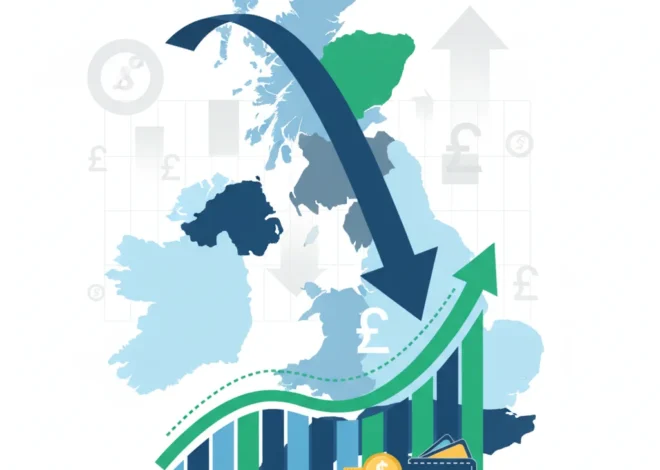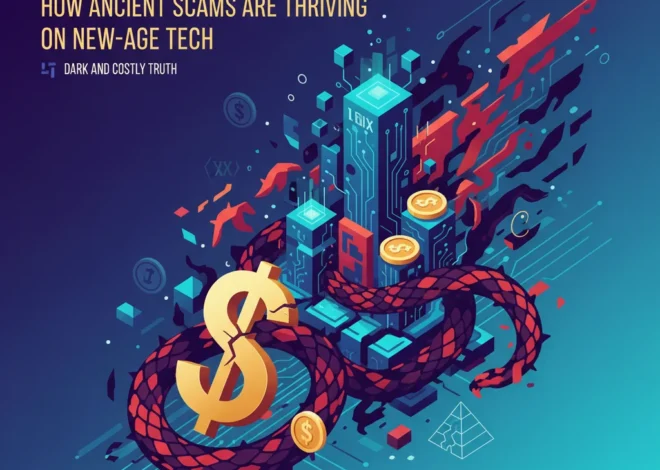
The £15 Billion Question: Is the UK Car Finance Scandal the Next PPI?
That car sitting in your driveway might be worth more than you think, and not because of its resale value. If you purchased it on finance in the UK before January 2021, you could be one of millions of people entitled to a significant compensation payout. A major investigation by the Financial Conduct Authority (FCA) is unravelling a widespread practice of hidden commissions that has the financial world bracing for impact. This isn’t just a story about used cars and monthly payments; it’s a seismic event with profound implications for the banking sector, the broader economy, and the future of consumer finance.
The Engine of the Problem: Unpacking Discretionary Commission Arrangements
At the heart of this issue lies a now-banned practice known as “Discretionary Commission Arrangements” (DCAs). For years, when a customer arranged car finance through a dealership, the dealer or credit broker had the power to set the interest rate within a certain range. The crucial, and often undisclosed, detail was that the higher the interest rate they charged the customer, the larger the commission they received from the lender.
This created a fundamental conflict of interest. The person arranging your loan was directly incentivized not to find you the best deal, but to charge you a higher rate to maximize their own earnings. Millions of consumers, trusting they were being offered a competitive rate, were potentially overcharged by hundreds or even thousands of pounds over the lifetime of their loan. The FCA, recognising this inherent unfairness, banned DCAs in January 2021, but the financial repercussions of the preceding years are only now coming to light.
Is This a “PPI Moment” for the Stock Market and Banking Sector?
For anyone involved in investing or observing the UK stock market, the parallels to the Payment Protection Insurance (PPI) scandal are impossible to ignore. PPI was a mis-selling crisis that ultimately cost UK banks over £50 billion in compensation, sending shockwaves through their balance sheets and share prices for years. Analysts are now asking if the car finance scandal is “PPI on wheels.”
The potential scale is staggering. Analysts at Jefferies have estimated the total cost to the industry could reach £13 billion, while the Royal Bank of Canada has projected a potential impact as high as £16 billion. The market is already reacting.
- Lloyds Banking Group, which owns Black Horse, the UK’s largest motor finance provider, has set aside a provision of £450 million to cover potential costs. This single announcement caused a noticeable tremor in their stock value, highlighting investor anxiety.
- Close Brothers, another significant player in motor finance, saw its shares plummet after announcing it would suspend its dividend to conserve capital in anticipation of the FCA’s findings.
This isn’t just an accounting issue; it’s a major headwind for the banking sector. For finance professionals and investors, this introduces a significant element of uncertainty. Valuations for affected banks will be under intense scrutiny until the full liability is known, potentially impacting everything from dividend yields to long-term growth forecasts. The outcome of the FCA’s report in September 2024 will be a pivotal moment for market sentiment.
The Ripple Effect: From Macro-Economics to Financial Technology
The consequences of this investigation extend far beyond bank share prices. The scandal touches upon key trends in economics, regulation, and the evolution of financial technology (fintech).
1. A Potential Jolt to the Economy
From a macroeconomic perspective, a multi-billion-pound payout to consumers could act as an unexpected economic stimulus. If millions of households receive an average compensation of, say, £1,500, much of that cash is likely to be spent on goods and services, boosting consumer demand. In an economy grappling with slow growth, this injection of capital could provide a welcome, if temporary, lift. The Bank of England and economic forecasters will be watching this closely as it could influence inflation and consumer spending data.
2. A Catalyst for Fintech and Transparency
This scandal underscores the weaknesses of traditional, opaque lending models. It serves as a powerful argument for the adoption of modern fintech solutions that prioritize transparency. Today, digital-first lenders and comparison platforms use technology to offer customers fixed, transparent rates, removing the “discretionary” element entirely.
Looking ahead, we can see how emerging technologies could prevent such issues from ever arising again. Imagine a future where loan agreements are executed on a blockchain—a distributed, immutable ledger.


